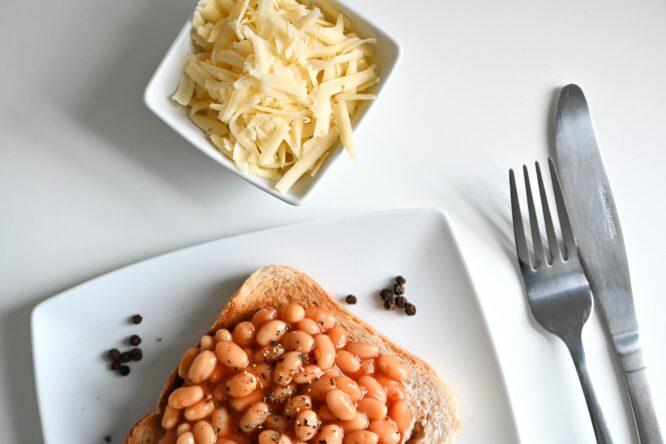Organic food sounds great in theory, and sometimes it really is worth the splurge.

That being said, not everything you toss in your trolley needs to come with a premium price tag just to be healthy. Some foods are basically the same whether they’re organic or not, and some might actually be worse for you when they’re marketed as being friendlier to your health and the planet. Here are some food products where buying organic is honestly a waste of money and effort.
1. Avocados
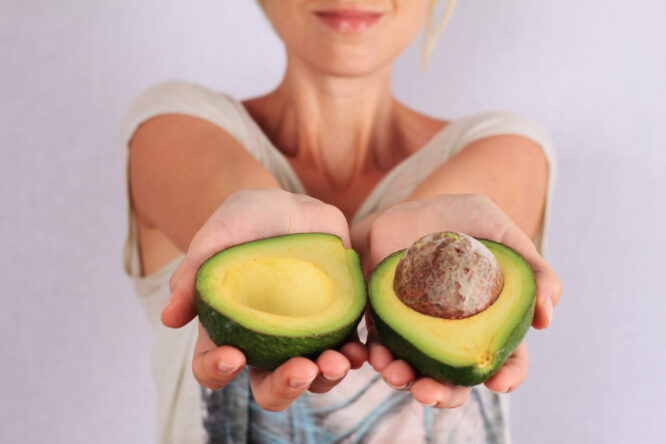
Good news if you’re an avocado addict: you don’t have to spend extra for the organic label. Avocados have thick, tough skins that protect the fruit inside from pesticides and other chemicals, acting like nature’s own safety shield.
Since you’re not eating the skin, buying conventional avocados is totally fine, and it saves you a few quid every time you get that inevitable guacamole craving. Honestly, it’s one of the easiest swaps that barely makes a difference to your health, but definitely helps your grocery budget breathe a little.
2. Onions

Onions are naturally resistant to pests, which means they’re typically grown with fewer chemicals to begin with. Plus, like avocados, the part you actually eat is protected by a tough outer layer that gets peeled away.
Unless you’re absolutely committed to an all-organic lifestyle, regular onions are one of the safest and smartest places to save a little money without sacrificing quality. They’ll still add the same punch to your cooking without the unnecessary extra cost.
3. Pineapples
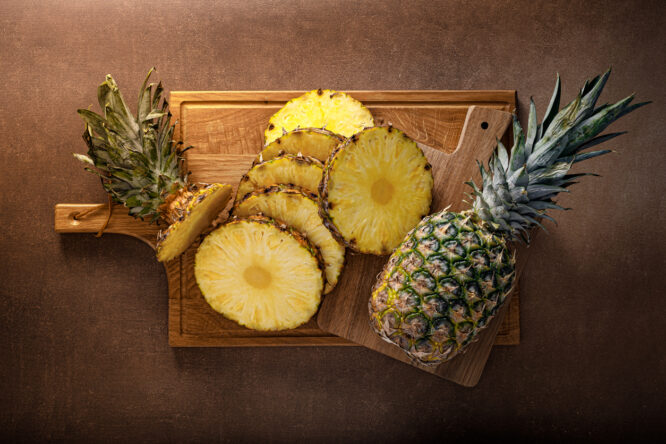
Pineapples basically wear their own armour. That thick, spiky skin keeps the juicy inside well-protected from any pesticide residues that might be lingering on the surface, making it one of the safest fruits to buy conventionally.
Unless you plan on chewing through the outer layer (please don’t), there’s no real health reason to shell out for organic pineapples. Save your splurge for fruits you actually eat skin and all. Your wallet and your tropical smoothies will both survive just fine.
4. Sweetcorn
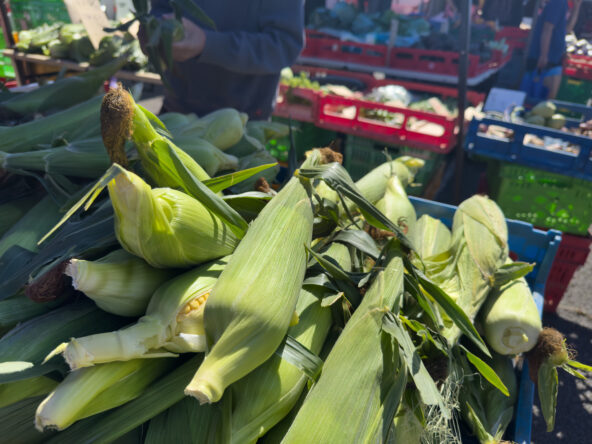
Corn has a naturally strong defence system against pests, and most pesticide residues don’t end up in the kernels themselves. Plus, the husk provides an extra layer of protection you peel away before eating or cooking it.
If you’re worried about genetically modified (GMO) corn, that’s a separate issue, but in terms of pesticide exposure, conventional sweetcorn is about as safe as it gets. It’s sweet, it’s crunchy, and there’s no reason to double the price for the organic sticker.
5. Melons
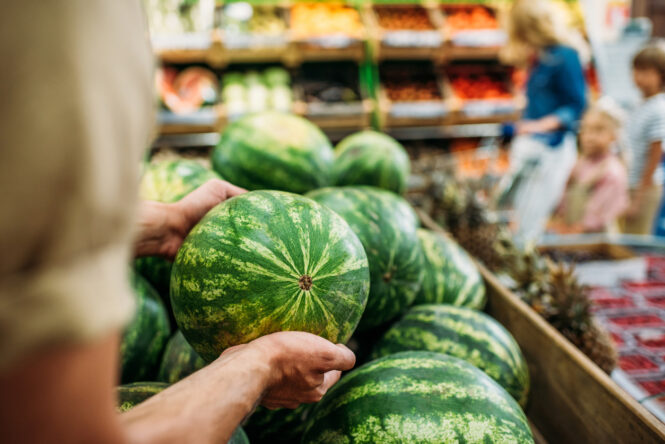
Cantaloupes, honeydews, watermelons—they all come with thick, sturdy rinds that keep the edible part of the fruit pretty well shielded from chemicals. You’re not munching on the outer shell, after all. You’re diving straight into the sweet, clean inside.
Unless you’re doing something wild like zesting melon rinds (which, let’s be honest, almost no one does), organic versions are just not necessary. Conventional melons still bring all the refreshing goodness you’re looking for without the extra cost per slice.
6. Cabbage
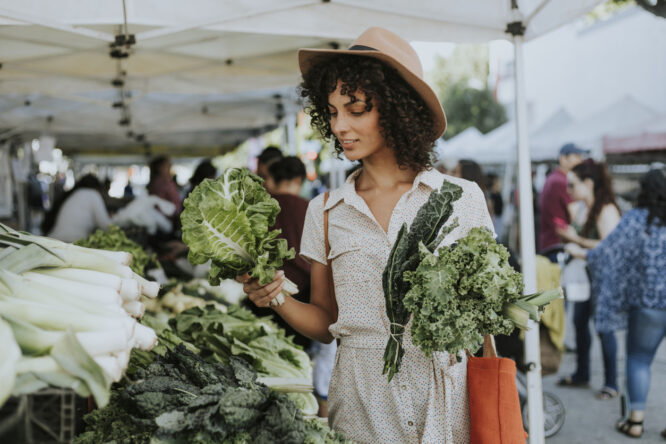
Cabbage is one of those hardy vegetables that pests don’t love to mess with, which means farmers don’t have to spray it heavily to protect their crops. Its tight layers also act like natural armour, keeping the inner leaves safe and fresh.
Whether you’re shredding it for coleslaw, cooking it into hearty soups, or stuffing it into dumplings, conventional cabbage gives you all the nutrition benefits without the premium organic price tag. It’s a no-brainer for everyday meals.
7. Kiwi
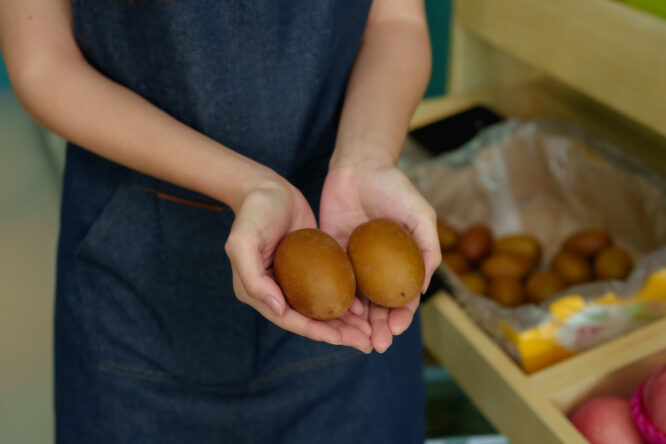
With its fuzzy little jacket, kiwi is basically self-protected from the outside world. The skin keeps pesticides from getting into the flesh, and most people peel it anyway (even though technically, you can eat the fuzz if you’re feeling adventurous).
Unless you’re chomping into them whole, fuzz and all, there’s absolutely no need to pay extra for organic kiwis. Conventional ones are just as packed with vitamin C and way easier on your grocery budget when you’re tossing them into smoothies or fruit bowls.
8. Mushrooms
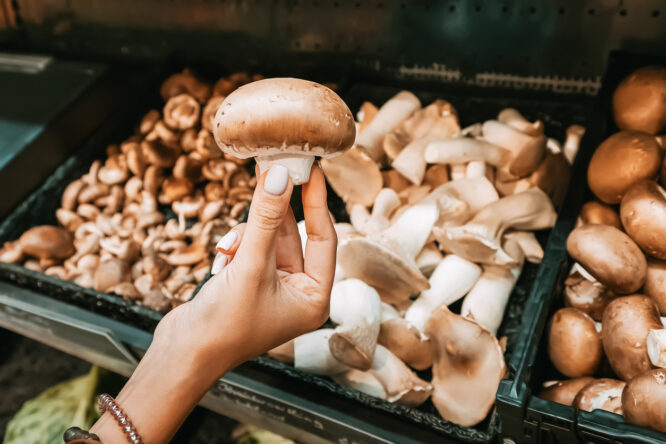
Mushrooms grow in such a controlled environment that pesticide exposure is generally really low no matter what. They’re usually grown indoors with minimal chemicals involved, meaning they stay pretty clean from start to finish.
So unless you’re super committed to organic everything, standard mushrooms are totally fine—and honestly, they’re pricey enough already without adding an extra surcharge for the label. Save that cash for something you’ll notice more, like fancier cheese to go with them.
9. Asparagus
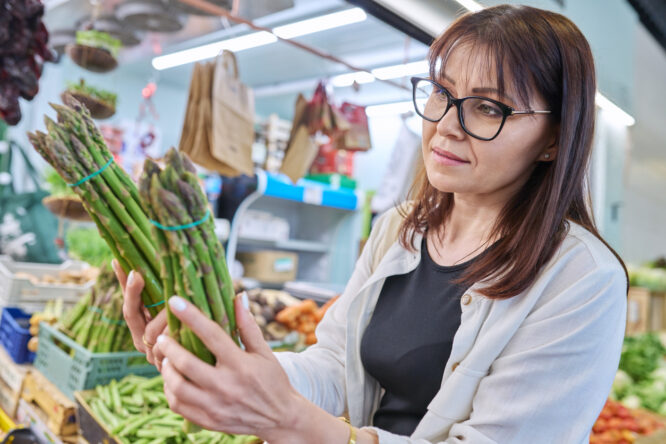
Asparagus is another sturdy vegetable that doesn’t attract many pests, meaning it requires less chemical help to grow. It also grows super quickly, which limits the window for pesticide use even more compared to slower crops.
Buying conventional asparagus saves you money without adding extra worry, and when you’re already paying for something that somehow goes limp the second you look at it wrong, you might as well cut costs where you can.
10. Mangos
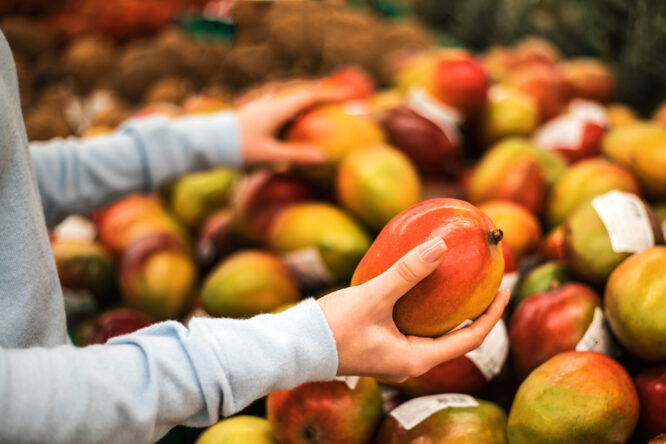
Thanks to their thick skins, mangos are naturally shielded from most pesticide residues. When you peel away that gorgeous orange fruit, you’re leaving most of the exposure behind, making them a very low-risk buy.
Organic mangos are often double the price of regular ones, and for no real reason when it comes to your health. Save your money for buying two instead of one, because no one has ever regretted more mango in their life.
11. Frozen fruit and vegetables

Frozen produce is picked at peak ripeness and usually washed thoroughly before being frozen. That means any pesticide residue gets seriously reduced, and it’s even less of a concern when you’re cooking the food later anyway.
If you’re stocking your freezer for smoothies, soups, or quick dinners, save your budget for the organic versions of fresh produce you eat raw. Frozen berries, peas, corn, and spinach all do the job beautifully without the premium organic price tag.
12. Papayas (in some places)
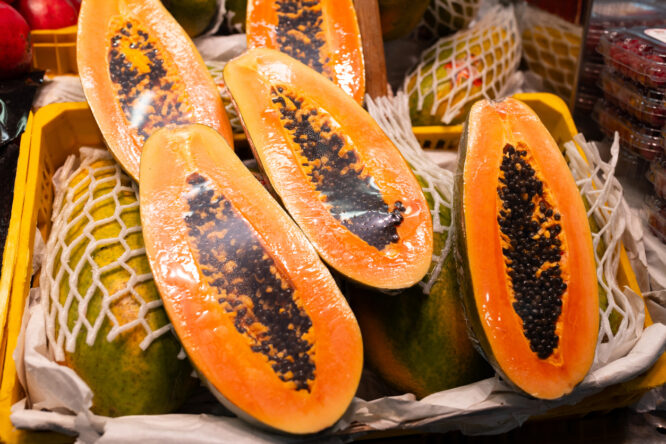
In the U.S., some papayas are genetically modified to resist disease, but as far as pesticide exposure goes, papayas, especially ones with thick skins, are very low-risk whether they’re organic or not.
If GMOs are your main concern, you might want to check where your papaya was grown. However, if you’re just worried about chemical exposure, regular papayas are a safe, sweet, affordable treat that doesn’t need a fancy organic label to be healthy.
13. Aubergines
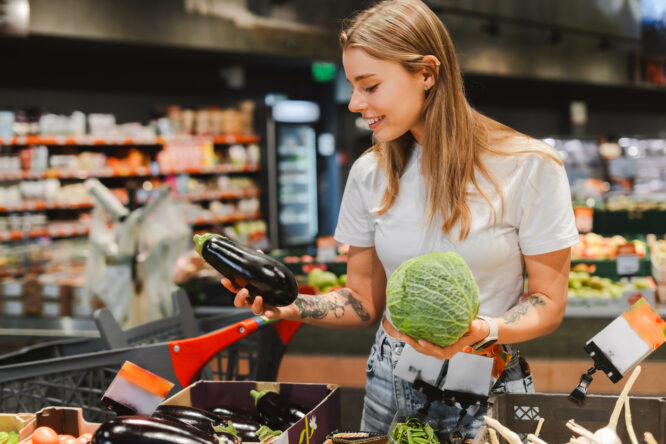
Aubergines have a tough, glossy skin that does a great job of keeping pesticides from getting inside. Plus, they’re another crop that doesn’t usually require heavy chemical treatments during the growing process.
Whether you’re grilling them, roasting them, or tossing them into a curry, you can feel good about buying conventional aubergines. They’ll cook up just as deliciously, and you’ll keep a few extra coins for dessert or a nice bottle of wine instead.




